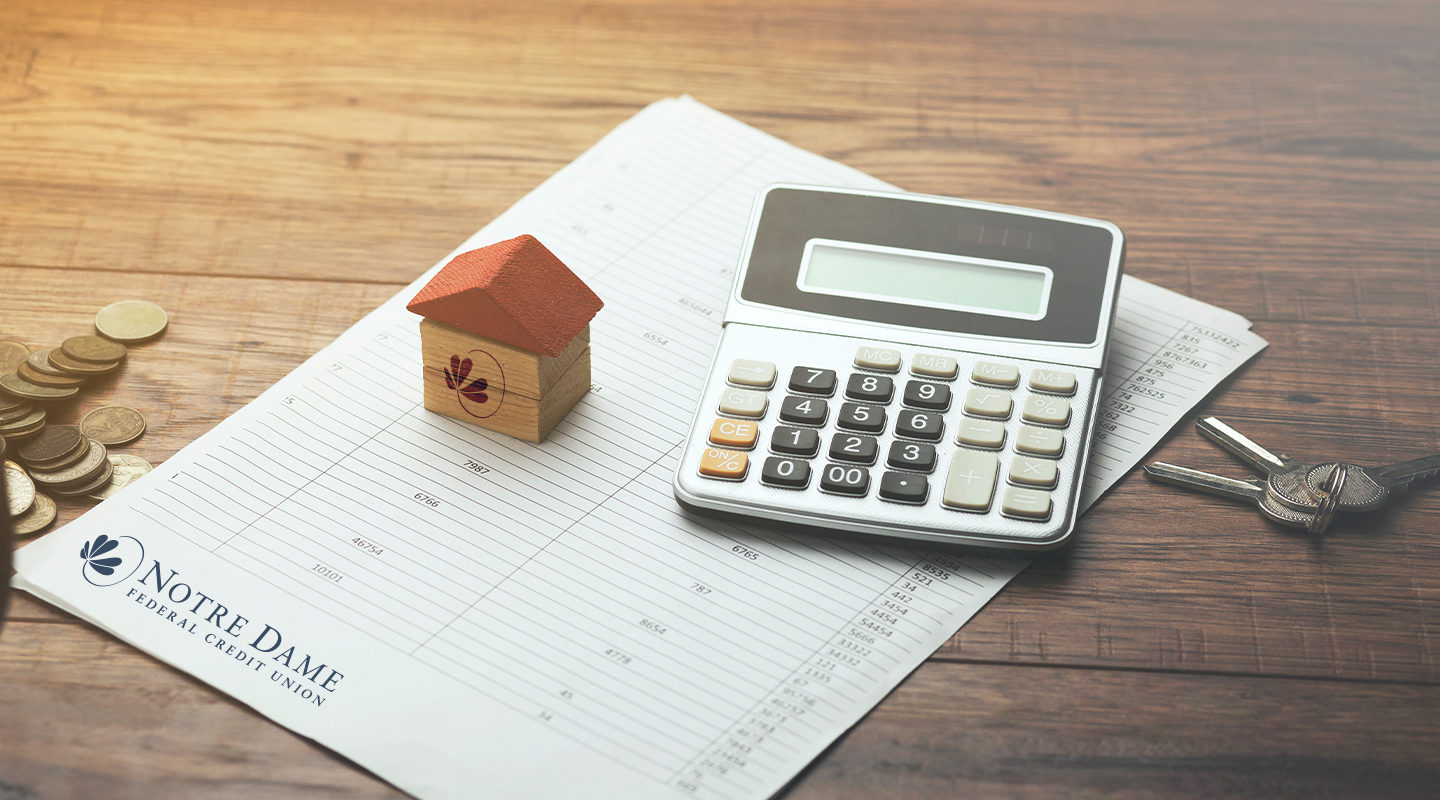Should I Refinance My Home Mortgage?
Posted on Apr 25, 2023
Refinancing a mortgage is essentially paying off the remaining balance on an existing home loan and then taking out another mortgage, usually at a lower interest rate. It may sound like a no-brainer, but there are lots of factors to consider before deciding to refinance.
Why people refinance
There are many reasons homeowners choose to refinance their mortgage. Here are some of the most common:
1. To take advantage of lower interest rates
The first and most obvious reason homeowners refinance their mortgage is to take advantage of a lower interest rate. Perhaps the savings create a buffer due to a change in finances or personal life, or simply the desire to save money.
The old rule of thumb has been to refinance if you can reduce your interest rate by at least 2%. With today’s market, even a 1% reduction in rate can be reason enough to refinance. Reducing your interest rate can help you build more equity in your home sooner, decrease the size of your monthly payment, and potentially save you money.
For instance, say you have a 30-year fixed-rate mortgage with an interest rate of 5.75% on a $200,000 home. Your principal and interest payment comes out to $1017.05 each month. The same loan refinanced at 4.5% would drop the monthly payment to $894.03.
2. To shorten the life of their loan
People sometimes choose to refinance their mortgage because they want to finish paying off their loan sooner. If you have a mortgage with a high interest rate, refinancing can help you pay off your loan in half the time without much change to your monthly payment.
3. To convert between adjustable-rate and fixed-rate mortgages
Homeowners often opt for an adjustable-rate mortgage (ARM) because of the lower rate it offers. The adjustments over time can increase these rates until they surpass the going rate for fixed-rate mortgages. When this happens, switching to a fixed-rate mortgage can lower the interest rate and offer stability rather than a fluctuating rate.
On the flip side, when interest rates are falling, it can make sense to convert a fixed-rate mortgage to an ARM, ensuring smaller monthly payments and lower interest rates without refinancing every time the rate drops. It is important to know the market, since climbing interest rates can work against ARMs.
When refinancing your mortgage is a bad idea
In certain circumstances, the worst thing you can do for your financial situation is refinance your mortgage. Some examples include:
- When you’re in debt – If you’re looking for an extra stash of cash each month to pull you out of debt, refinancing can appear to be an attractive option, but people who refinance for this reason oftentimes end up spending all the money they save, and then some without making any significant change to their spending habits.
- When a refinance will greatly lengthen the loan’s terms – If you’ve only got 10 years left on your mortgage and you want to refinance to stretch out those payments over 30 years, you won’t come out ahead. Any money you save on lower payments will be lost in the cost of the refinance and the extra 20 years of interest you’ll be paying on your mortgage.
- When you don’t plan on living in your home much longer – If you plan on moving within the next few years, the money you save might not even come close to the costs incurred for your refinance.
How much will it cost?
Refinances aren’t always cheap. You’ll need to pay broker fees, closing costs, and more. A typical refinance will cost anywhere between 3-6% of the loan’s principal.
To determine if a refinance will save you money, contact us at 844-NDHOME1 to procure a loan estimate and get your projected interest rate and loan price. You can then divide this price by the amount you’ll save each month with your new rate. This is the number of months it will take for you to break even on the new loan.
If you don’t plan on staying in your home for that long, or you can’t afford to wait until then to recoup your losses, refinancing may not be a good idea.

